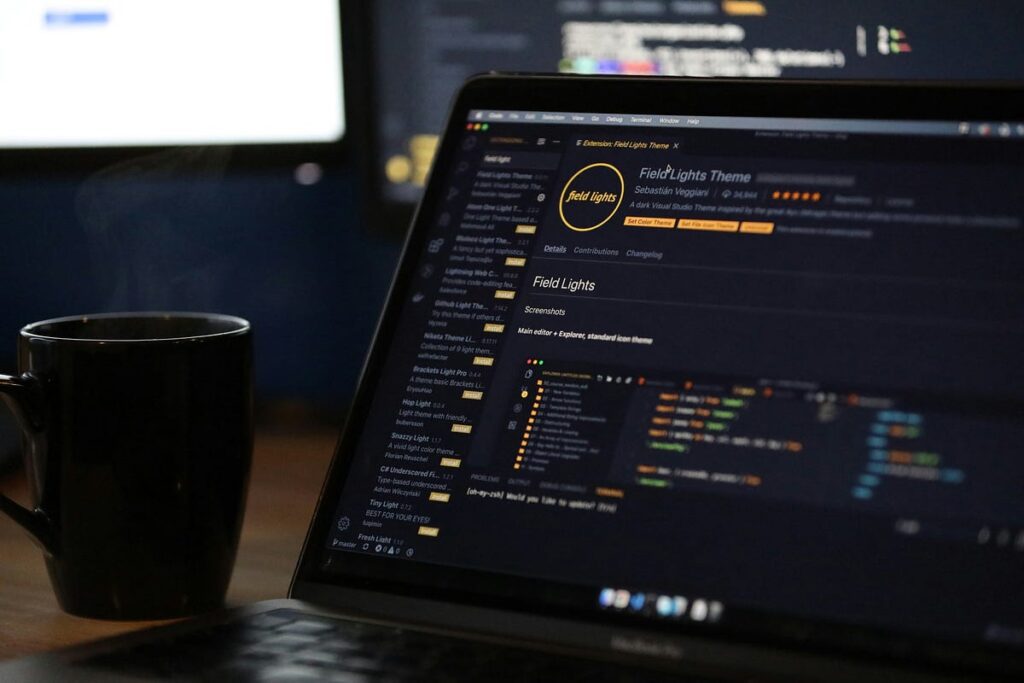Continually Becoming a Better Data Scientist: My Framework
Once you’ve stepped into the world of data science, you might think you’ve reached the finish line. But in reality, that’s just the beginning of a lifelong learning journey. The field of data science evolves at lightning speed, which means that if you want to stay relevant and thrive, you need to be committed to continual improvement.
You don’t have to work around the clock to grow in this field, but it’s crucial to establish routines that facilitate your ongoing development. In this article, I’ll share my personal framework for up-skilling in data science, hopefully inspiring you to carve out your own path for growth.
Define Your Direction
The first step in your journey is to clarify where you want to go. Simply stating that you want to "up-skill" is too vague. To make real progress, you need to establish a clear direction. Here are a few guiding questions to consider:
- Is there a particular area you want to dive into, such as machine learning or data visualization?
- Are there specific technical tools you’d like to master, like Python or Tableau?
- Do you have a particular industry in mind, such as healthcare, finance, or marketing?
- Is there a certain role within the data realm that you aspire to, like data analyst or machine learning engineer?
Finding answers to these questions can give you the focus you need to enhance your skills effectively.
Embrace Continuous Learning
In today’s rapidly changing landscape, simply keeping up with new technologies and trends isn’t enough. You need to cultivate a mindset that embraces lifelong learning. This might include:
-
Online Courses: Platforms like Coursera and Udacity offer courses from top universities and industry leaders. Dedicating a few hours a week to a new course can yield great dividends.
-
Reading Research Papers: Keep abreast of the latest developments by reading academic papers and industry reports. Websites like arXiv and Google Scholar are great starting points.
- Joining Local Meetups: Engaging with your local data community can provide networking opportunities and insights that online learning might not offer. Consider attending meetups or conferences to share knowledge and experience.
Build Real-World Experience
It’s one thing to learn from a book or a course, but true mastery comes from applying that knowledge. Here’s how you can gain practical experience:
-
Personal Projects: Identify a problem you’re passionate about and apply your skills to solve it. This could be anything from analyzing a dataset that interests you to building a predictive model.
-
Kaggle Competitions: Participate in data science competitions to challenge yourself and learn from other participants. These competitions provide real-world scenarios that enhance your analytical skills.
- Internships and Collaborations: If you’re new to the field or switching specialties, seek internships or consult on projects to gain first-hand experience.
Reflect and Adapt
Regular reflection on your learning journey is crucial. Take the time to assess what worked, what didn’t, and how you want to adjust your path moving forward. This could involve:
- Keeping a journal to track your learning progress
- Seeking feedback from peers on your projects
- Revisiting your goals periodically to see if they align with your evolving interests
Conclusion
The quest to become a better data scientist is continuous, filled with opportunities for growth and exploration. By defining your direction, embracing a mindset of continuous learning, gaining practical experience, and reflecting on your journey, you’ll set yourself up for success in this dynamic field.
The AI Buzz Hub team is excited to see where these breakthroughs take us. Want to stay in the loop on all things AI? Subscribe to our newsletter or share this article with your fellow enthusiasts.




